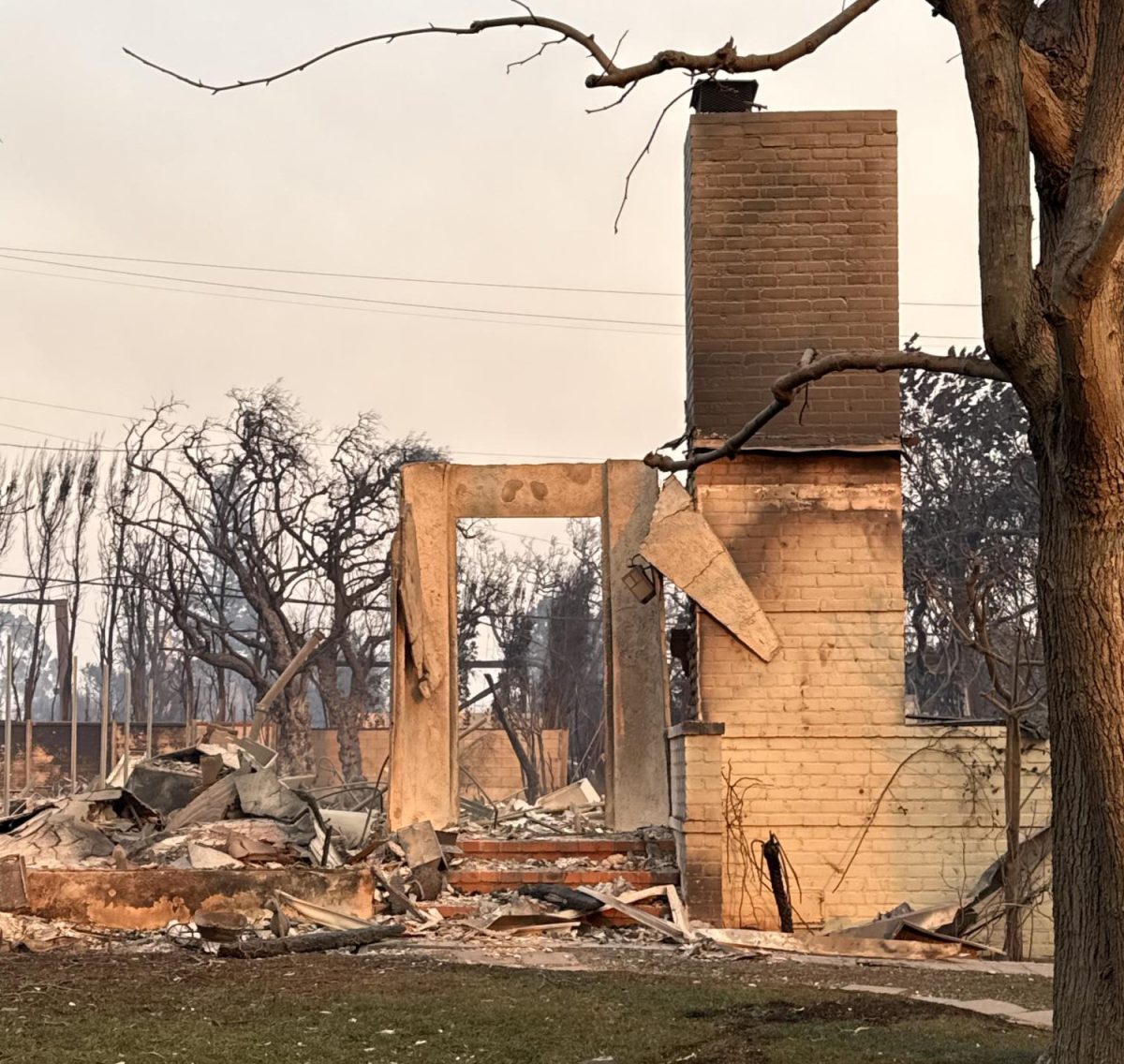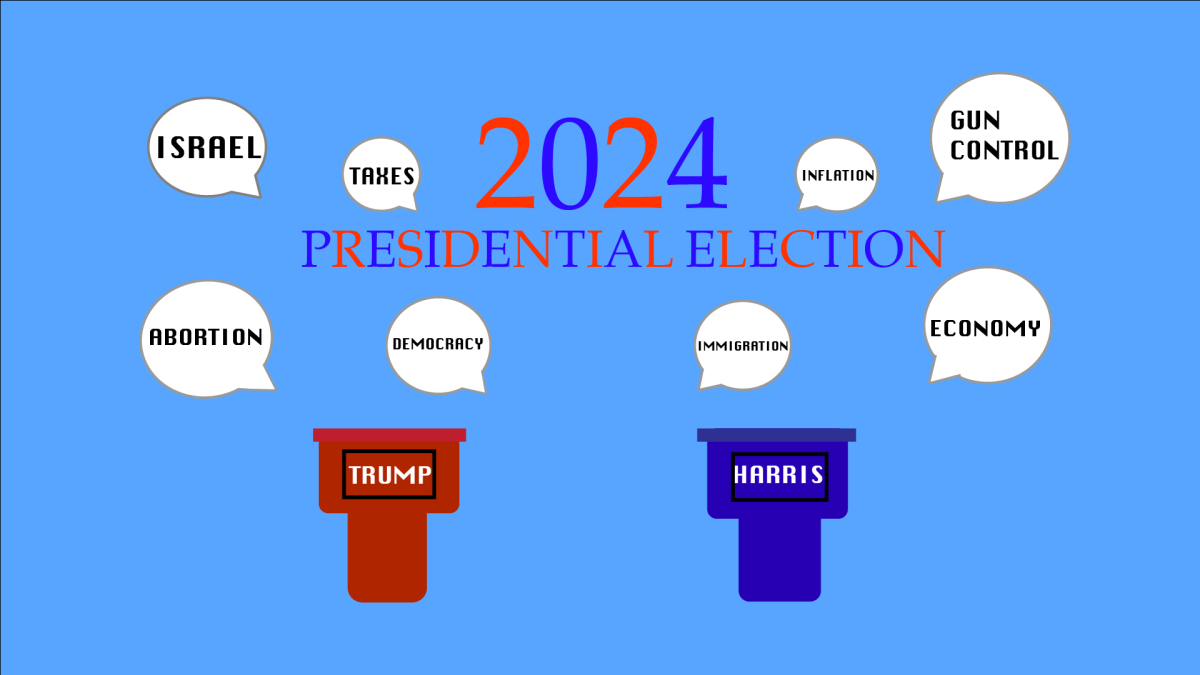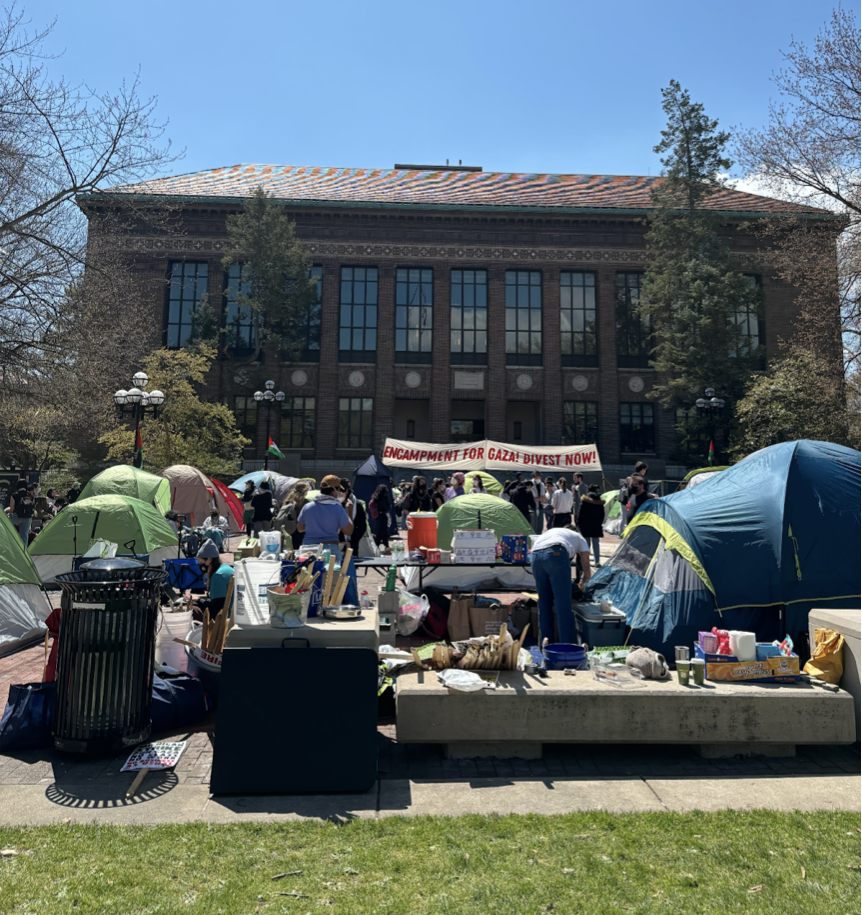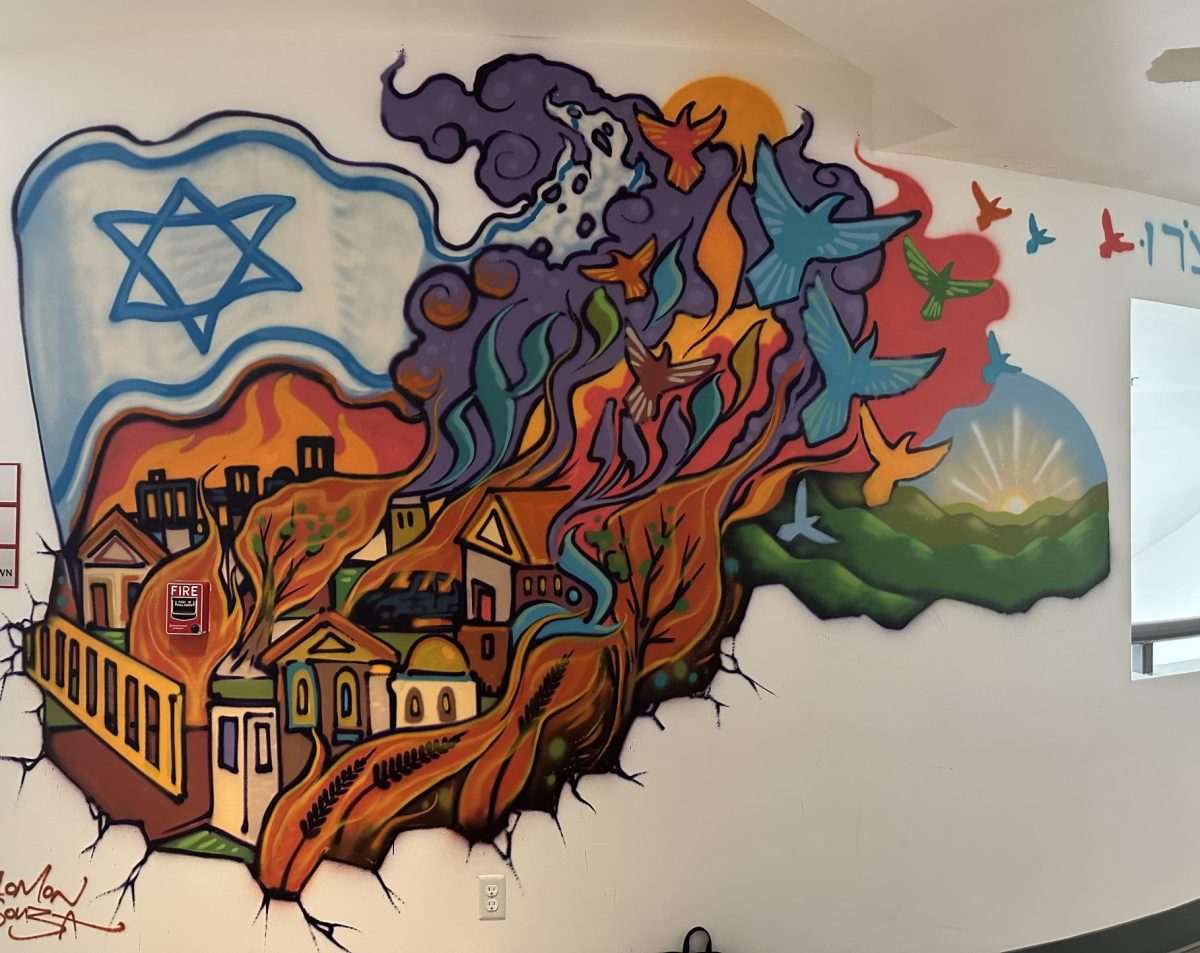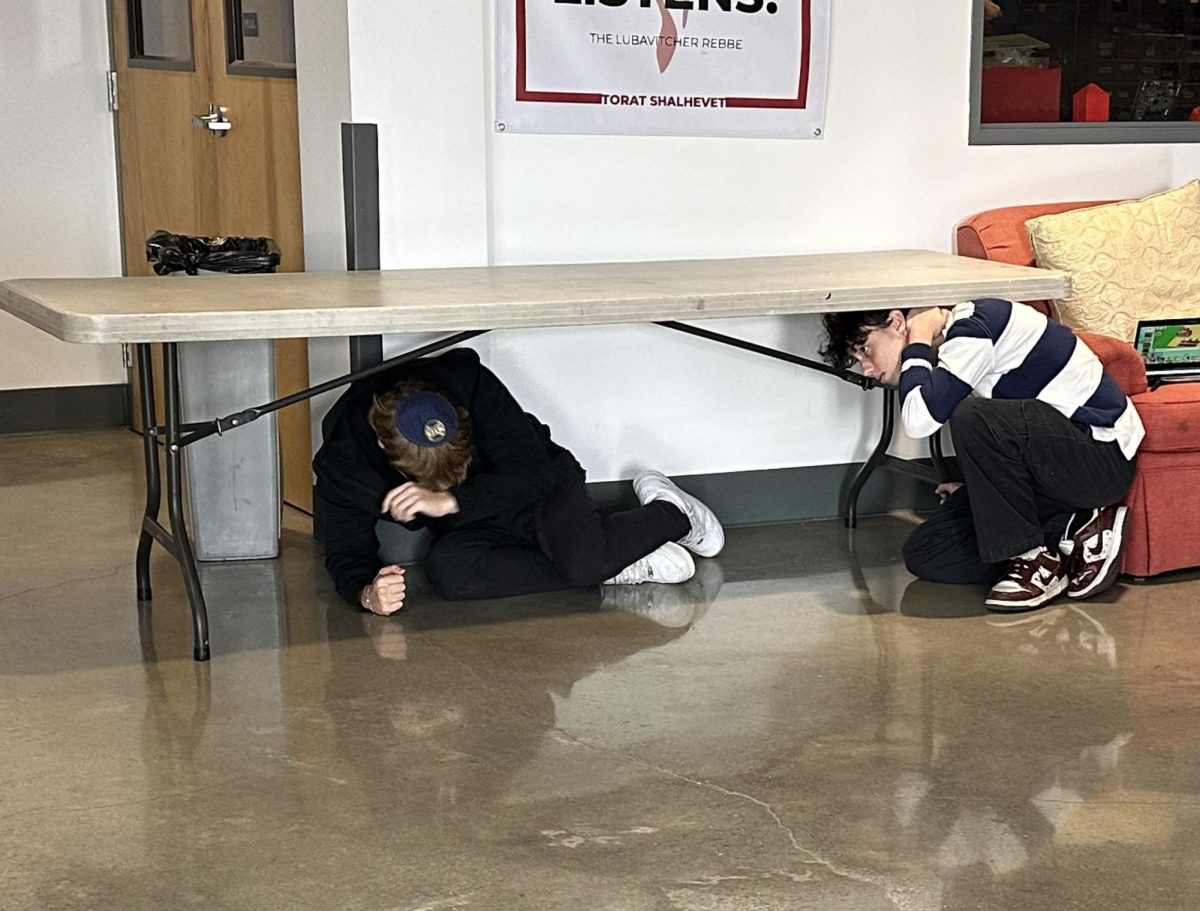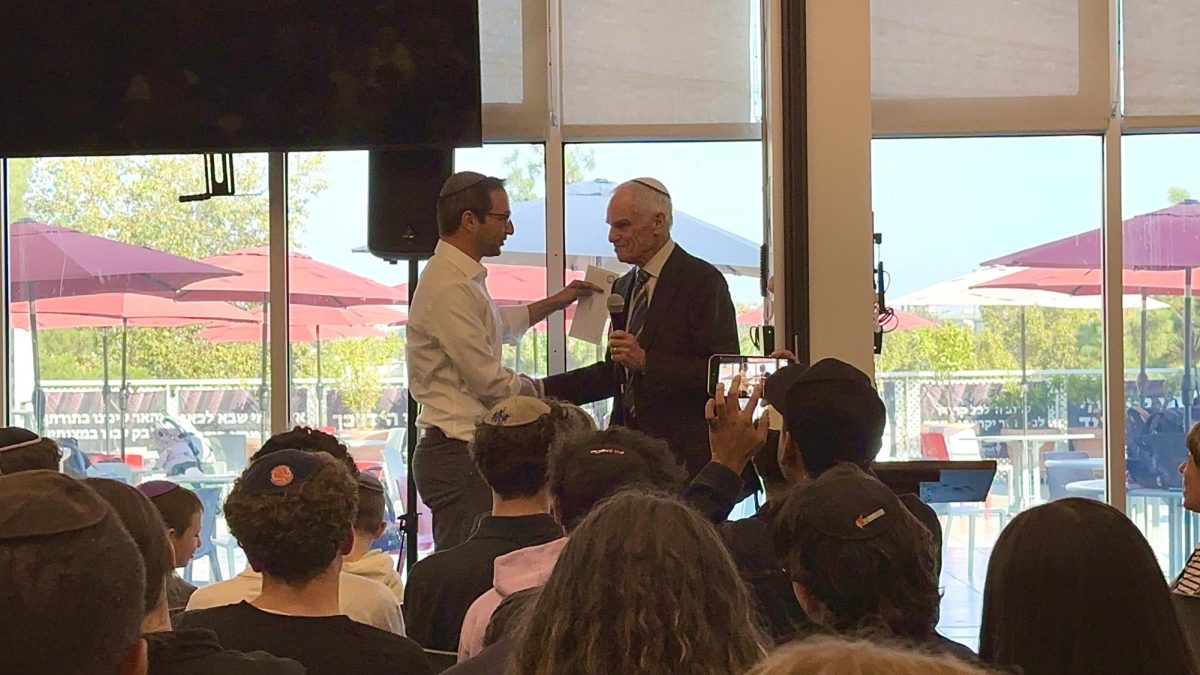Athough usually attuned to news about Israel, most students didn’t notice when eight South American countries recognized a state of Palestine over the last three months.
Brazil, Argentina, Bolivia, Ecuador, Chile, Guyana, Paraguay and Peru have now joined 111 other countries – more than half the 192 member states of the United Nations – that have recognized Palestinian “independence” in territories currently administered by Israel. The other countries are mostly in Asia, Africa and the Arab World.
“Emerging powers feel themselves to have been beleaguered and feel a greater sense of identity with newly emerging national groups,” said Professor David N. Meyers, the chair of the History Department at UCLA, in an inter
view with The Boiling Point.
But those involved give different reasons. While Israel calls the setting up of embassies and consulates in Ramallah a distraction from the peace process, the other countries involved say it supports Palestinian efforts to be ready if a state comes.
Yousef Zeidan, an advisor for the Permanent Observer Mission of Palestine to the U.N in New York, said the new declarations support the peace process and Palestinian Prime Minister Salam Fayyad’s plan to have a state by August 2011.
“The diplomatic initiative for recognition is in no way contradictory to the efforts to resume the peace process and the actual state-building efforts on the ground, both of which have broad international support,” Mr. Zeidan said in an e-mail to The Boiling Point.
Nevertheless, Israel, the United States, and the Jewish communities of Argentina and Chile have condemned the move.
“The countries that recognized the Palestinians are distracting the Palestinians from moving towards the negotiating table,” said Consul General Jacob Dayan of the Israeli Consulate in Los Angeles, in a telephone interview with The Boiling Point Feb. 9. “The way to a state does not pass by recognition… They are trying to internationalize the conflict.”
The U.S. Congress passed a resolution in December condemning the South American recognitions of Palestine (http://tinyurl.com/BPCongress), and the U.S. State Department apparently agrees. The United States has not recognized Palestine as a country, and deals with the Palestinian Authority through a consulate in West Jerusalem.
“Negotiations are the only pathway for the parties to see the realization of their aspirations,” said State Department spokesman Andy Lainey in a telephone interview.
Moreover, Israel’s Foreign Ministry has said that the campaign for a state violates the 1995 Oslo Accords, which mandates that the status of the West Bank and Gaza Strip will be established through negotiations (http://tinyurl.com/BPOsloAccords).
In a chain reaction started by Brazil in early December, Argentina, Bolivia, Ecuador, Chile, Guyana, Peru, and Paraguay had recognized a Palestinian state by the end of January. Venezuela recognized Palestine in 2009. Uruguay plans to do so this month. (http://tinyurl.com/BPPalestineRecognition)
The League of Arab States, most of Africa, Central and South East Asia, a few states in Europe, and Russia and China all recognize a Palestinian state, which was declared by Chairman Yasser Arafat of the Palestine Liberation Organization (PLO) in 1988
Many of these countries have or are developing diplomatic missions, embassies, and consulates in the Palestinian territory in Ramallah, Jerusalem, or in a nearby country such as Egypt, wrote Mr. Zeidan, the Palestinian envoy.
England, Spain, France, Italy and the U.S. also have Palestinian-focused consulates in Jerusalem, and the Palestinian Authority (P.A.) has trade agreements with countries that have recognized it as a state and with some who have not, like the U.S. and Japan.
Many students, even members of Model U.N., were unaware of the climb in the number of recognitions.
“Really? Wow,” said freshman Sarah Soroudi, when told that 111 countries in the U.N. have recognized Palestine compared to her guess of 52. “I knew some countries had recognized Palestine, but not that extreme and high of a number.”
Likewise, senior Ariella Benji, the captain of Model U.N, hazarded a guess of 72 states, though she said that the subject hasn’t been brought up in the classroom.
However, Modern Middle East teacher Mr. Jason Feld warned not to read too much into the numbers. While treaties, consulates and economic agreements can emerge from recognition, he said, Israel doesn’t have to recognize Palestinian diplomatic immunity — for example, the right of diplomats to cross borders without having their bags inspected.
He added that if the U.N. General Assembly recognized Palestine as a state, other countries would feel pressured to follow.
“It’s political more than anything,” Mr. Feld said. “It’s sending a message to Israel and its allies that history may be moving in a different direction than negotiated settlement.”
Mr. Zeidan, the Palestinian advisor, said most European countries actually do offer immunity and other privileges to P.A. diplomats, but that the U.S. only extends these privileges to the P.A.’s President and Prime Minister during official visits.
Horacio Wamba, Argentina’s representative to the Palestinian Authority, said in an e-mail that his country was trying to make a political point.
“Peace is not possible without justice, and the Palestinian problem is not only a political or legal one, it is a human rights problem,” wrote Ambassador Wamba, who works in the Argentinian embassy in Ramallah.
Jewish leaders in Chile and Argentina opposed their countries’ recognition of Palestine, and used the occasion to meet with their respective states’ Ministers of Foreign Affairs to explain the origins of the conflict between Israel and its neighbors.
“Some leaders met the Argentine Foreign Minister and other political leaders to express their point of view,” wrote Mr. Sebastian Halperin, from the Delegation of Israeli-Argentine Associations, in an e-mail to The Boiling Point. “The Jewish leaders’ prevailing sentiment was that they noticed a domino effect going through several Latin American countries, but without a real understanding of the nature of the problem in question.”
Chile has the largest Palestinian population outside the Arab World, with 400,000 Palestinians and a Jewish population of 10,000 (http://tinyurl.com/BPPopulation). It is the only South American country that has not specified the borders of a Palestinian state as part of its recognition, a move appreciated by its Jewish community ( http://tinyurl.com/BPJewishChile).
“The Brazilian Jewish community has not taken an official position on the country’s recognition of Palestine,” wrote Mr. Ricardo Besen of the Jewish Confederation of Brazil, in an e-mail to The Boiling Point.
But whatever happens in their parliaments, Ambassador Wamba and Israeli Consul Dayan agree that the recognitions will have no effect on Israel’s good relationship with the Latin American countries, which is based on mutual interest and commerce.
“The recognition has not affected the excellent relationship between Argentina [and both] Israel and Palestine,” Ambassador Wamba wrote.
And Mr. Feld said that regardless of actions in South America, the key factor for Palestine’s recognition is its relationship with Israel.
“It runs between Jerusalem and Tel Aviv, not Chile and Santiago,” said Mr. Feld. “You can’t ignore that the country most involved is Israel.”

